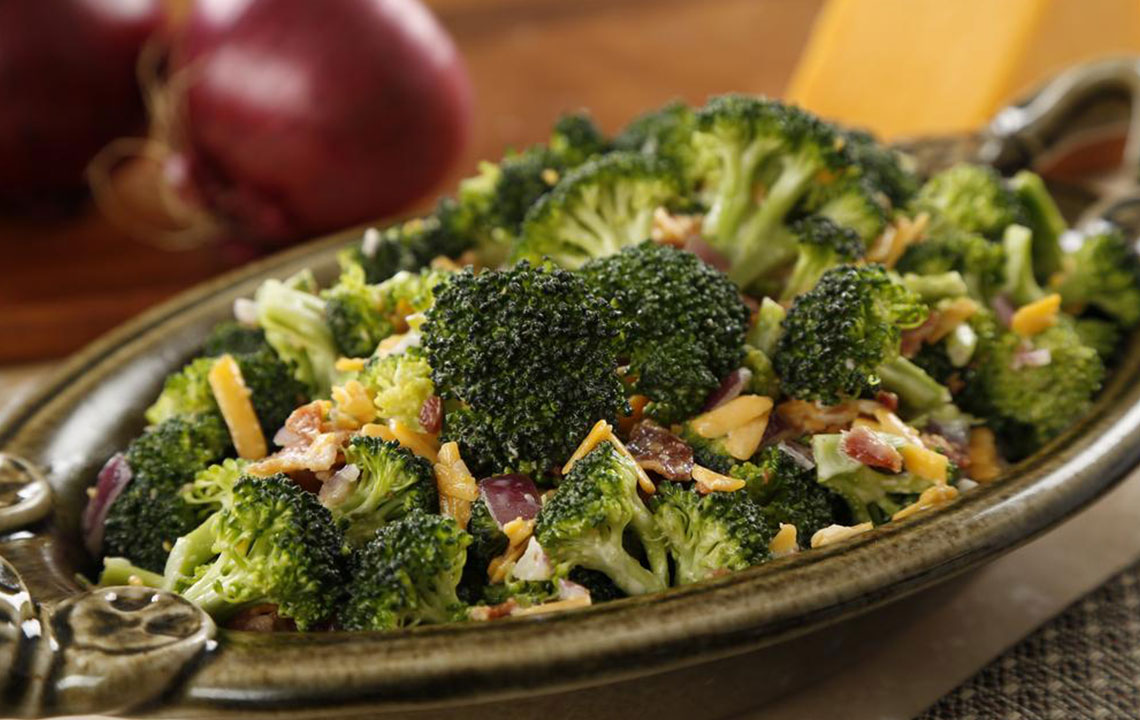Effective Nutrition Strategies for Managing Irritable Bowel Syndrome
Learn effective dietary strategies for managing Irritable Bowel Syndrome (IBS). This guide emphasizes low-FODMAP foods, nutritious choices, and lifestyle tips to alleviate symptoms and improve quality of life. Always consult a healthcare professional for personalized advice and treatment options.

Effective Nutrition Strategies for Managing Irritable Bowel Syndrome
IBS, or Irritable Bowel Syndrome, impacts digestive health by disrupting regular bowel movements and causing discomfort. Symptoms include abdominal pain, bloating, fatigue, and a constant feeling of incomplete evacuation. Women over 25 are particularly susceptible. The exact cause of IBS remains unknown, but factors like infections, food sensitivities, genetics, and stress play roles. Intestinal muscle spasms are common in this condition.
IBS can be categorized into three types: IBS-C (constipation predominant), IBS-D (diarrhea predominant), and IBS-M (alternating). Some individuals may experience untyped IBS if their symptoms don't fit these categories. Proper management involves adopting a tailored low-FODMAP diet, which limits certain carbohydrates poorly digested by the small intestine, reducing bloating and discomfort. Consistency in following an IBS-friendly diet is crucial for effective relief.
The nutritional approach for IBS includes specific food choices. For fruits, options like bananas, grapes, and melons are suitable, while apples, pears, and mangoes should be avoided. Vegetables such as carrots, cucumbers, and green peppers are recommended; avoid garlic, onions, and peas. Lactose-free yogurt and soy milk serve as good dairy alternatives. Grains like gluten-free bread, oats, rice, and quinoa are safe options, whereas wheat, lentils, and chickpeas are best minimized or avoided.
Nuts such as almonds can be eaten safely, but pistachios and cashews are not recommended. Protein sources include eggs, chicken, salmon, and prawns; vegetarians may opt for tofu. Hydration is vital—drink plenty of water and natural juices, but limit fizzy drinks and alcohol, which can worsen symptoms. Consulting a healthcare professional is essential for personalized dietary planning, ensuring nutritional balance while avoiding trigger foods. Medications like laxatives or anti-diarrheal drugs may be prescribed based on the type of IBS.
Regular checkups and symptom monitoring are important to fine-tune the diet. Always discuss dietary restrictions with a doctor, especially if symptoms persist or worsen. Proper management of IBS through diet can significantly improve quality of life and minimize discomfort.










